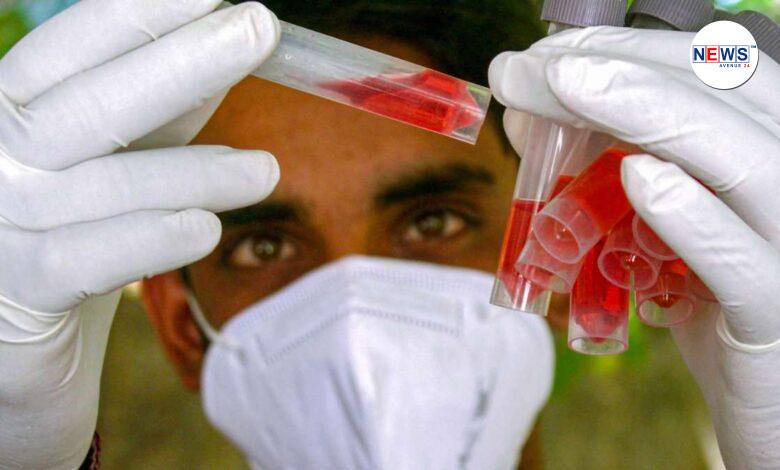
Kerala woman recovers from COVID-19 sub-variant JN.1; surveillance nationwide intensifies
The Union health ministry is conducting a mock drill across health facilities in the state until December 18 to assess public health and hospital preparedness.
In a significant development, a case of the COVID-19 sub-variant JN.1 has surfaced in Kerala, detected through the vigilant efforts of the Indian SARS-CoV-2 Genomics Consortium (INSACOG). Dr. Rajiv Bahl, Director General of the Indian Council of Medical Research (ICMR), revealed this finding on Saturday, emphasizing the ongoing routine surveillance activities. The case came to light through an RT-PCR positive sample collected from Karakulam in Thiruvananthapuram district on December 8. Notably, the sample had initially tested positive on November 18. The patient, a 79-year-old woman, experienced mild symptoms of influenza-like illness (ILI) and has successfully recovered from COVID-19.
Dr. Bahl highlighted a concerning trend in the increasing number of COVID-19 cases in Kerala over the past few weeks. This surge is attributed to a heightened testing focus on ILI cases, with the majority of reported cases being clinically mild. Strikingly, patients are recuperating at home without necessitating medical intervention.
To fortify public health and hospital preparedness, the Union Health Ministry initiated a mock drill across all health facilities in the states. This exercise, supervised by district collectors, commenced on December 13 and is anticipated to conclude by December 18. The objective is to assess and enhance the nation’s readiness to combat the ongoing pandemic.
Acknowledging the gravity of the situation, the Union Ministry maintains regular communication with the Kerala health department, closely monitoring entry points to the state. The collaborative efforts aim to curb the spread and manage the evolving scenario.
INSACOG, a network of genomic laboratories overseeing COVID-19 at a genomic level, plays a crucial role in identifying variants. The ICMR’s involvement in this consortium underscores the comprehensive approach to understanding the virus.
Revised surveillance guidelines now dictate testing patients with ILI and Severe Acute Respiratory Infection (SARI) symptoms for COVID-19. Positive cases undergo whole genome sequencing (WGS), contributing to a more nuanced understanding of the virus’s genetic makeup and its potential implications.
As the nation grapples with the challenges posed by emerging variants, this incident underscores the importance of robust surveillance, collaborative efforts, and a proactive response to ensure public health and safety.
News Source:- INDIA TV





